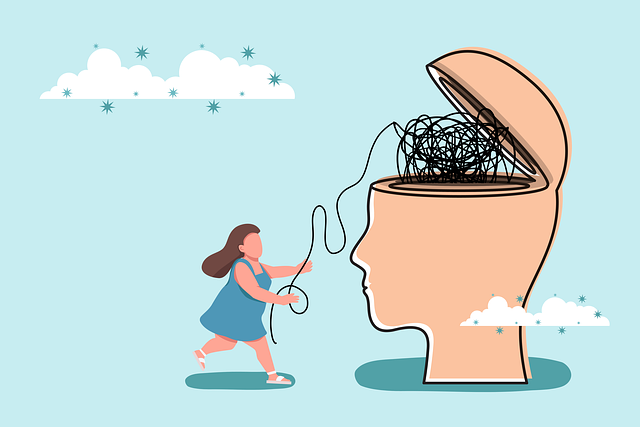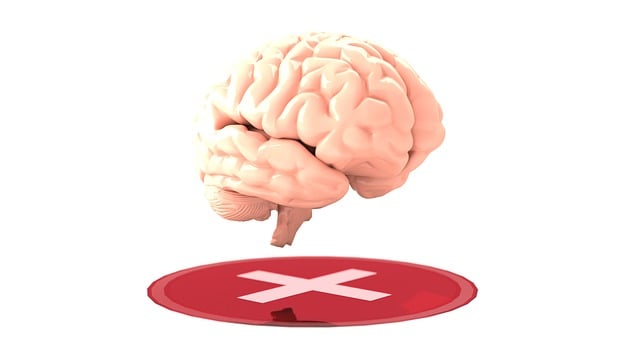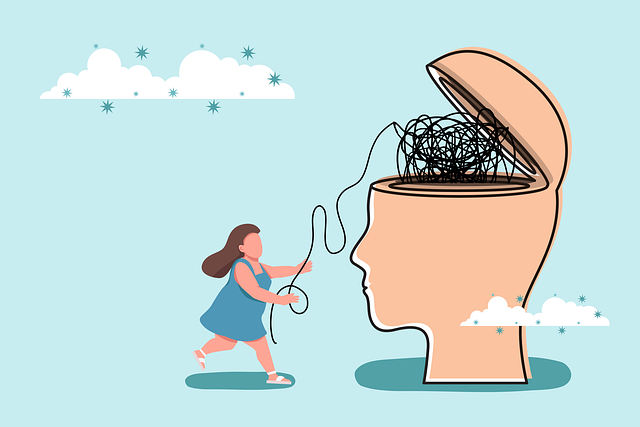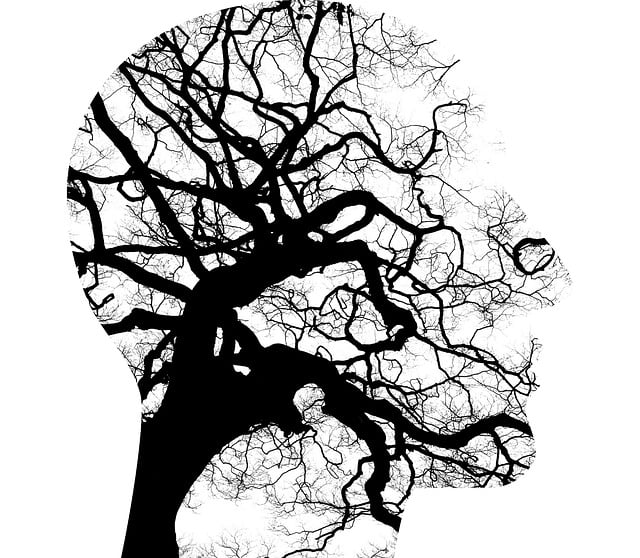In Arvada's diverse landscape, designing mental health education tailored to the Russian-speaking community requires cultural sensitivity. By addressing language barriers and stigmas through training, workshops, and relatable content, programs can improve access to care. Collaboration with trusted community partners enhances outreach and empowers individuals with mood management skills. Evaluating program impact ensures its long-term success in fostering emotional well-being within Arvada's Russian-speaking population.
In Arvada, the design of mental health education programs plays a vital role in addressing the unique needs of the diverse community, particularly focusing on Russian-speaking residents. This article explores the intricate process of creating inclusive learning environments tailored to cultural sensitivity. We delve into the structure and curriculum design, emphasizing engagement with local community partners to build trust and enhance outreach. Additionally, we assess the impact and success of the Arvada Russian-speaking Therapy program through comprehensive evaluation methods.
- Understanding Cultural Sensitivity in Mental Health Education for Russian-Speaking Communities in Arvada
- Program Structure and Curriculum Design: Creating an Inclusive Learning Environment
- Engaging Community Partners and Building Trust: Collaboration for Effective Outreach
- Evaluating Impact and Measuring Success: Assessing the Effectiveness of the Russian-Speaking Therapy Program
Understanding Cultural Sensitivity in Mental Health Education for Russian-Speaking Communities in Arvada

In Arvada, with a significant Russian-speaking community, designing mental health education programs requires a deep understanding of cultural sensitivity. Effective outreach and engagement strategies are essential to ensure that these communities have access to resources tailored to their unique needs. By incorporating Cultural Competency Training for healthcare providers, we can enhance the delivery of services and improve outcomes for Russian-speaking individuals seeking therapy.
Arvada’s mental health education initiatives should focus on promoting emotional well-being through culturally responsive practices. This involves learning about the specific challenges faced by Russian-speaking immigrants, such as language barriers, cultural stigmas associated with mental health issues, and acculturation stresses. Adopting Emotional Well-being Promotion Techniques that respect these cultural nuances can foster trust and encourage open dialogue. Moreover, teaching mood management skills in a culturally sensitive manner can empower community members to take charge of their mental health journeys.
Program Structure and Curriculum Design: Creating an Inclusive Learning Environment

In designing an effective mental health education program, particularly tailored for communities like Arvada’s Russian-speaking population, creating a structured yet inclusive learning environment is paramount. The curriculum should be meticulously crafted to address cultural nuances and language barriers, ensuring every participant feels welcomed and empowered. A well-rounded program can incorporate various therapeutic techniques, such as group discussions, interactive workshops, and personalized activities, allowing individuals to engage in emotional healing processes at their own pace. By fostering an atmosphere of acceptance and support, the initiative aims to boost self-esteem improvement and encourage open conversations about mental wellness. This inclusive approach extends to offering resources like self-help materials and guidance on relevant mental wellness journaling exercises.
Curriculum designers should consider incorporating cultural elements that resonate with the target audience, ensuring the program’s relevance and accessibility. For instance, including stories or examples from Russian literature or folklore can help facilitate discussions on mental health challenges and coping mechanisms, making the learning experience more relatable and engaging. Moreover, providing opportunities for participants to share their personal journeys in a safe space facilitates peer support and encourages the development of strong, supportive community bonds. This collective aspect is vital in fostering a sense of belonging, which is essential for sustained emotional well-being and positive mental health outcomes.
Engaging Community Partners and Building Trust: Collaboration for Effective Outreach

Engaging Community Partners and Building Trust is a vital aspect of designing effective Mental Health Education Programs. Collaboration with local organizations, especially those serving diverse populations like the Arvada Russian Speaking Therapy community, can significantly enhance outreach efforts. By partnering with trusted entities, programs can gain access to hard-to-reach groups and tailor their messaging to cultural nuances, ensuring inclusivity and relevance.
This strategy fosters a sense of Inner Strength Development and empowers individuals to take charge of their mental well-being. Through collaborative initiatives, programs can offer valuable Mood Management tools and resources, breaking down barriers and encouraging open conversations about mental health. Such partnerships build a supportive network, where educational efforts resonate deeply, leading to lasting positive changes in the community.
Evaluating Impact and Measuring Success: Assessing the Effectiveness of the Russian-Speaking Therapy Program

Evaluating the impact and measuring the success of any mental health program, including Arvada Russian Speaking Therapy initiatives, is a critical step in ensuring its long-term effectiveness. This process involves assessing not only the immediate outcomes but also the broader, long-lasting effects on participants’ lives. By employing robust evaluation methods, we can understand how the program influences coping skills development and burnout prevention, which are key areas of focus for this specific demographic.
The success of such programs is often reflected in the ability to foster empathy building strategies within the community served. Through regular feedback mechanisms and follow-up sessions, it becomes possible to quantify improvements in mental well-being, identify challenges faced by participants, and tailor interventions accordingly. This continuous evaluation ensures that the Arvada Russian Speaking Therapy program remains responsive to the evolving needs of its target audience.
The design of a comprehensive mental health education program, such as the Arvada Russian Speaking Therapy initiative, requires careful consideration of cultural sensitivity, inclusive curriculum, community collaboration, and rigorous evaluation. By addressing these key components, we can create effective programs that not only educate but also build trust and foster better mental health outcomes for Russian-speaking communities in Arvada and beyond. This multi-faceted approach ensures the program’s success and longevity, ultimately enhancing the overall well-being of diverse populations.














